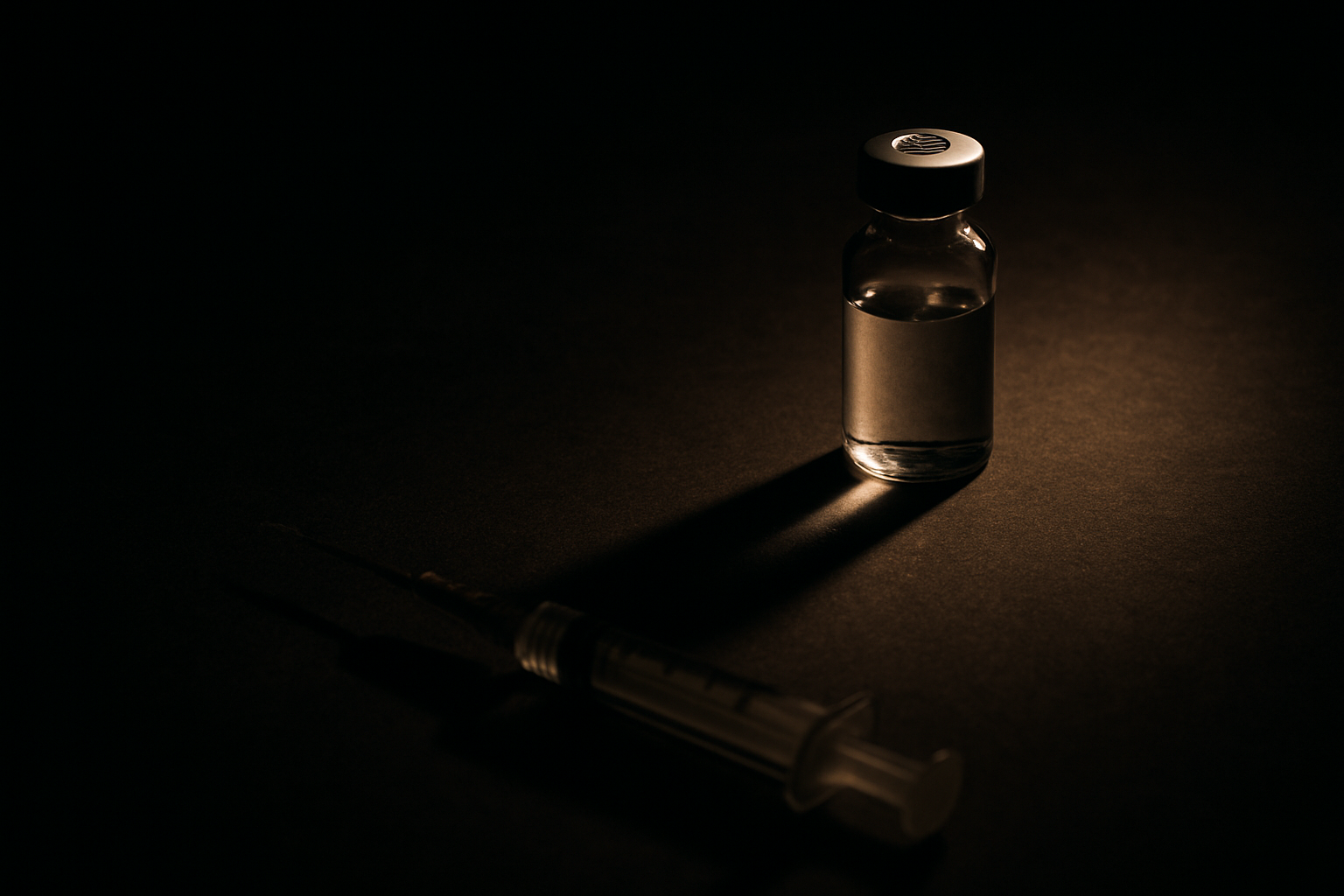
The aesthetics sector has been rocked once again by another exposé on unsafe practice following the release of a new BBC Scams & Scandals episode: “The Botox Black Market”.
The behind-the-scenes investigation into the unregulated underworld of injectable aesthetics saw researchers posing as beauticians expose a nurse trading prescriptions over WhatsApp and a pharmacist coaching clients to falsify records without face-to-face consultations or any clinical oversight.
The programme also shone a harsh light on how easily unscrupulous operators can obtain unlicensed or counterfeit products and deliver them in settings with minimal safety protocols. In one case, investigators filmed a “fake doctor” administering botulinum toxin injections with little to no screening or aftercare, as well as selling unlicensed Korean toxins in cash-only transactions.
These practices directly contravene the professional standards set out by the General Pharmaceutical Council (GPhC), the General Medical Council (GMC), and the Nursing and Midwifery Council (NMC), which recently updated its guidance on remote prescribing.
Cheryl Barton, lead nurse at Aesthetika Clinic, who participated in the documentary, told Hamilton Fraser, “As a registered nurse, I am deeply disappointed to see this. The BBC findings have raised some really serious questions around safeguarding the public when they access these interventions and have these treatments. It is imperative that we move swiftly to implement effective, mandatory regulation throughout this sector from root to branch.”
Several leading bodies in the aesthetics space have responded forcefully to the BBC’s findings.
In its official response, the Joint Council for Cosmetic Practitioners (JCCP) described the investigation as exposing “unsafe and illegal practices” that endanger public safety and reaffirmed its long-standing call for stricter oversight, licensing, and enforcement across the aesthetic sector.
Professor David Sines CBE, Chair of the JCCP, said: "The findings are deeply concerning and highlight the risks to patient safety when professional and legal safeguards are ignored. These checks are in place to prevent complications such as swelling, drooping, and other adverse reactions, and to ensure patients receive safe, appropriate care. When standards are bypassed, patients are left vulnerable and exposed to harm. Urgent action is needed to restore confidence and ensure the public can access safe, regulated care."
The British Association of Medical Aesthetic Nurses (BAMAN) echoed strong concern. The organisation emphasised the importance of safe procurement and strict standards, and condemned any supply of unauthorised toxins to non-qualified individuals.
It said: “The British Association of Medical Aesthetic Nurses (BAMAN) expresses deep concern following the BBC’s recent investigation exposing serious breaches of professional and ethical standards by a nurse prescriber operating within the field of Medical Aesthetic Nursing.
The report reveals that a senior nurse prescriber issued Botox prescriptions for patients she had never met, in direct violation of NMC and legal requirements. In a meeting filmed undercover, the nurse not only acknowledged that she was required to conduct face-to-face consultations, but openly dismissed this duty.
BAMAN is unequivocal in its response: this behaviour is unethical, unsafe, and in breach of the NMC’s standards. It compromises patient safety, undermines trust in the profession, and damages the reputation of all nurses working with integrity in medical aesthetics.
The British College of Aesthetic Medicine issued a forceful statement regarding the BBC exposé. They laid out their mission to empower clinicians to excel in aesthetic medicine; elevate standards by setting benchmarks in clinical practice and protect patients by promoting safety.
The General Pharmaceutical Council told the BBC it was "very concerned" while the NMC said it would review the evidence.
As a specialist provider of insurance and compliance services to the aesthetics industry, Hamilton Fraser is committed to championing safety, transparency, and regulatory progress.
“This documentary should serve as a watershed moment for the aesthetics sector. The risk to patients is real and the path forward must be one of robust, enforceable regulation and uncompromising standards”, said Eddie Hooker, CEO, Hamilton Fraser. “At Hamilton Fraser, we are ready to support ethical practitioners with insurance, education, and operational best practice to make sure the public can access aesthetic care with confidence.
We believe the only viable long-term solution is mandatory regulation across the value chain — from manufacturer/importer to practitioner and premises. We’re ready to partner with regulators, trade bodies, and clinics to make sure the sector evolves into one that is transparent, safe, and sustainable.
If you’d like to discuss how Hamilton Fraser can help your clinic stay compliant, properly insured, and ahead of new regulatory expectations, contact us today.